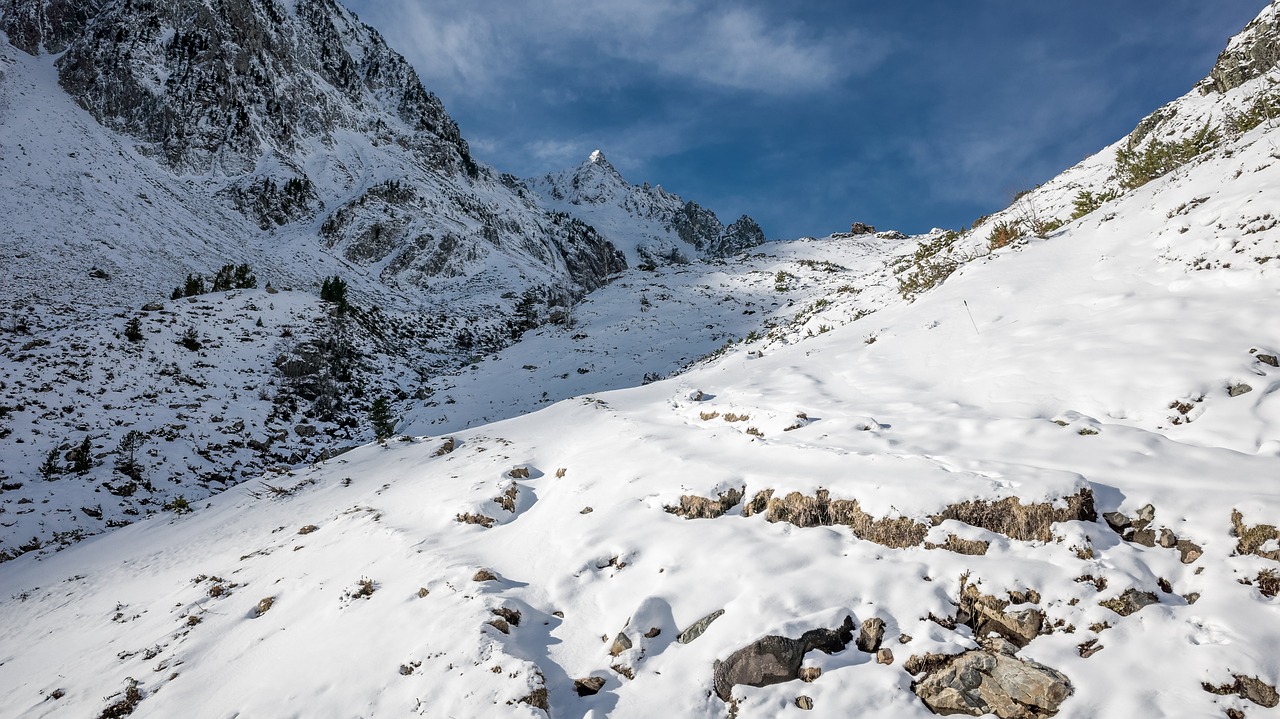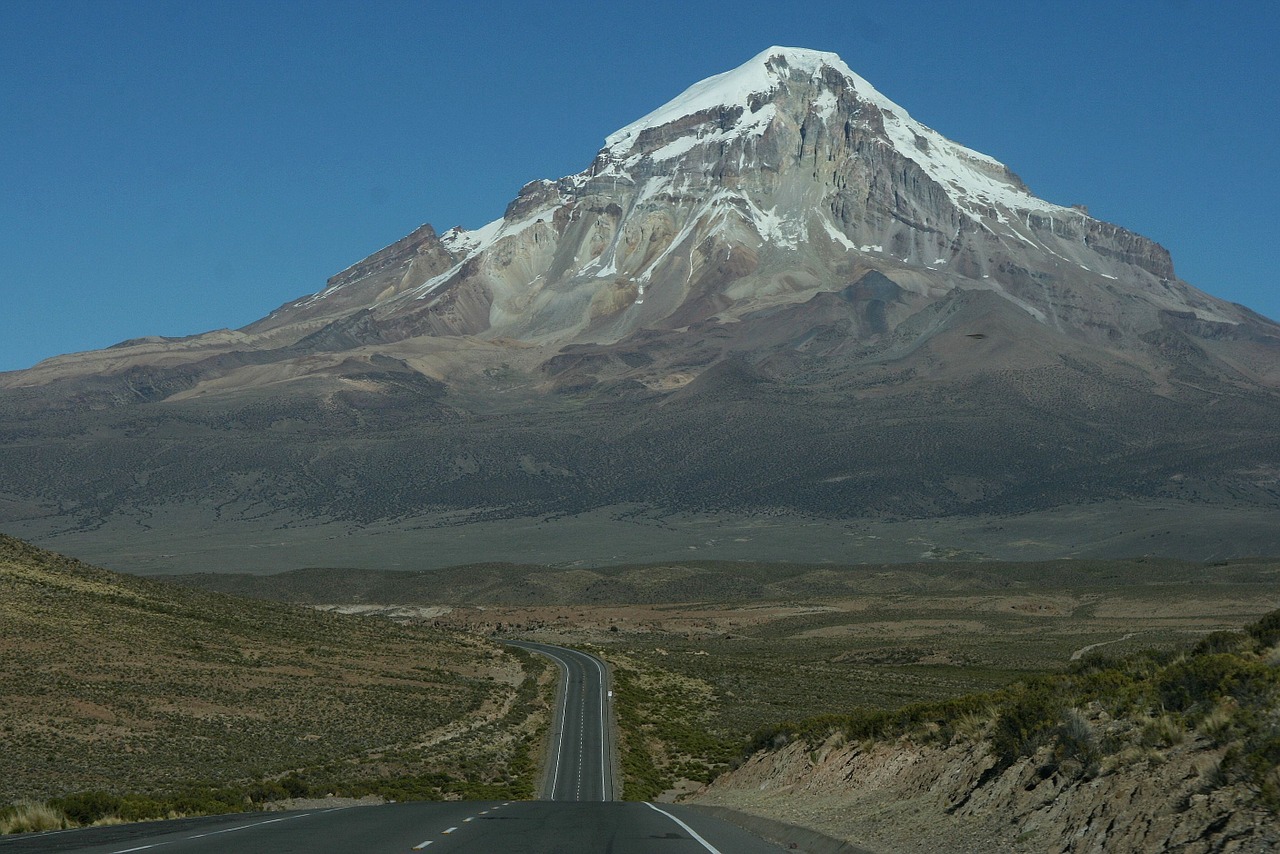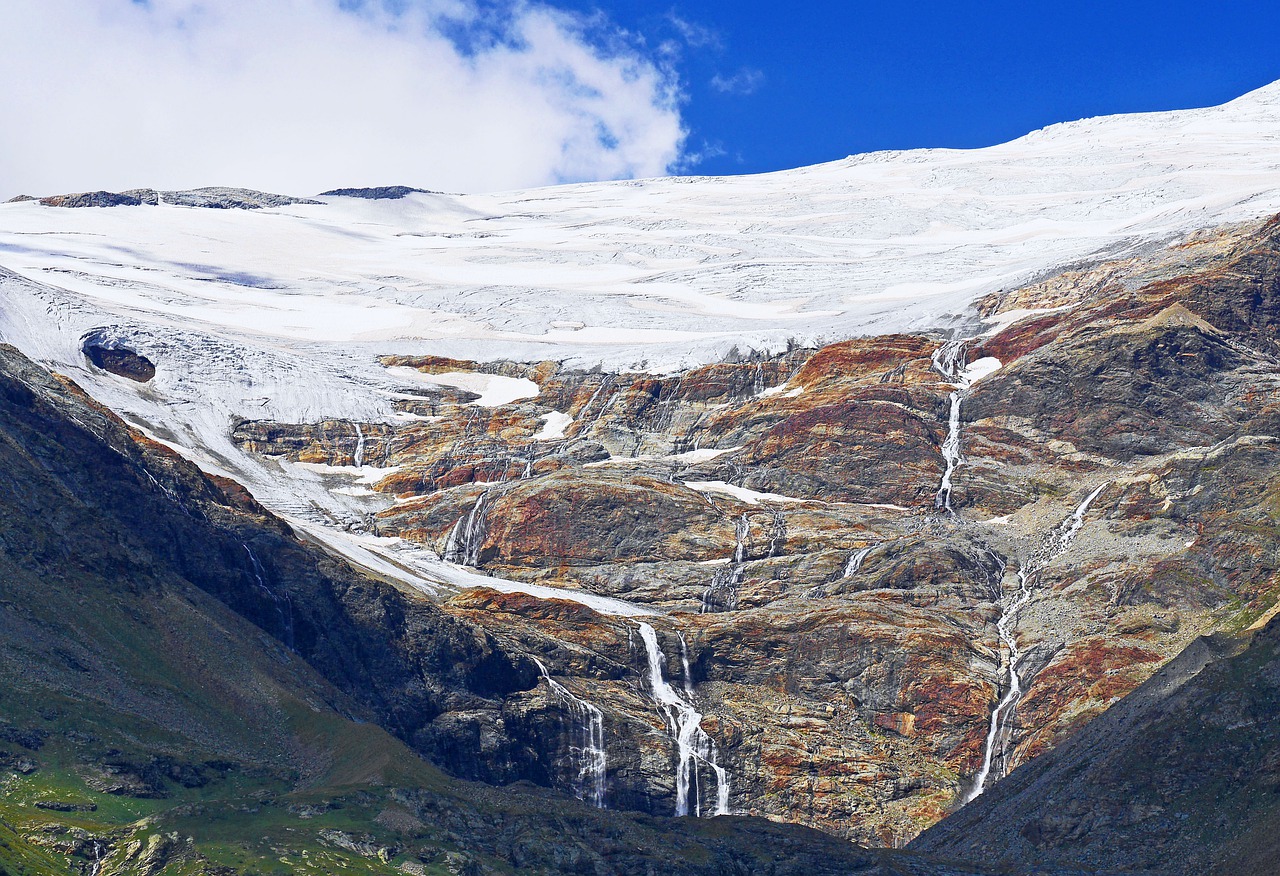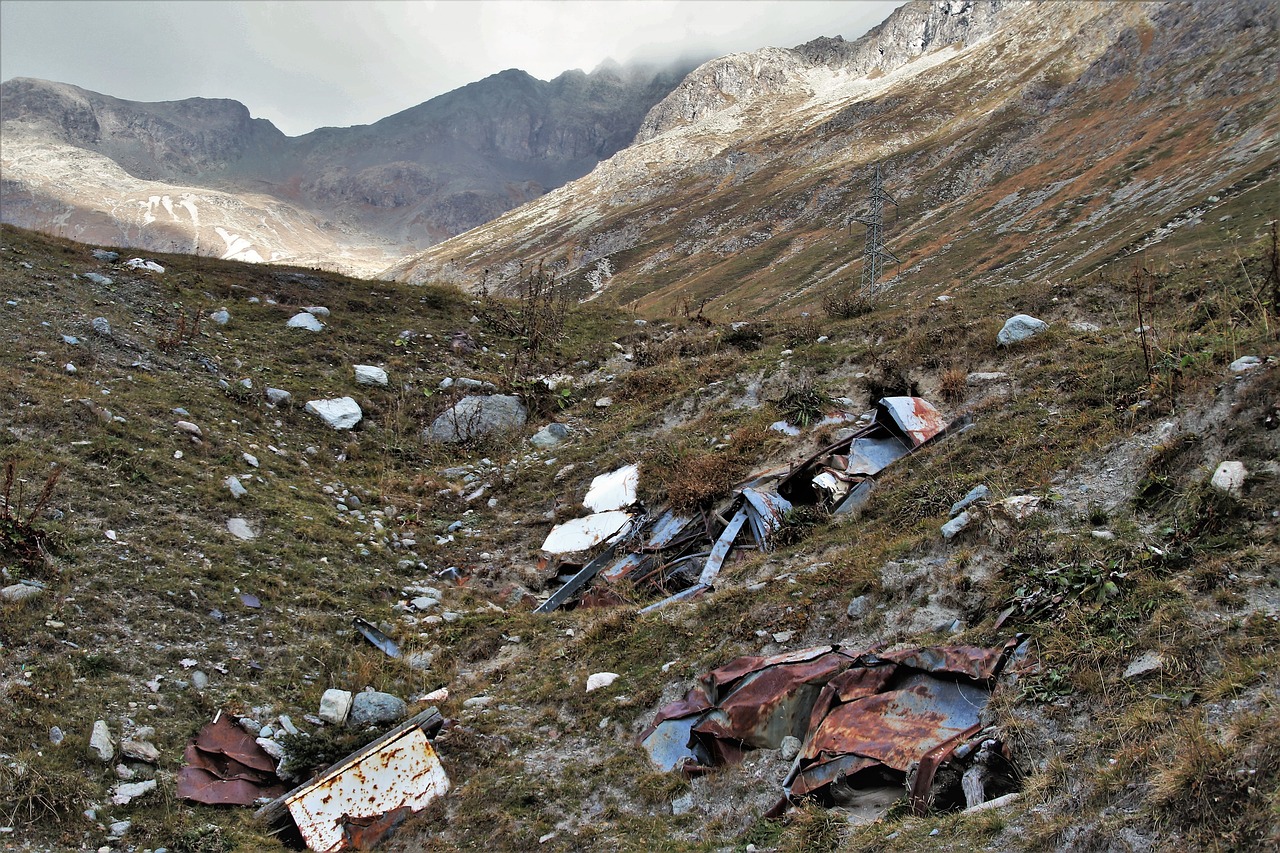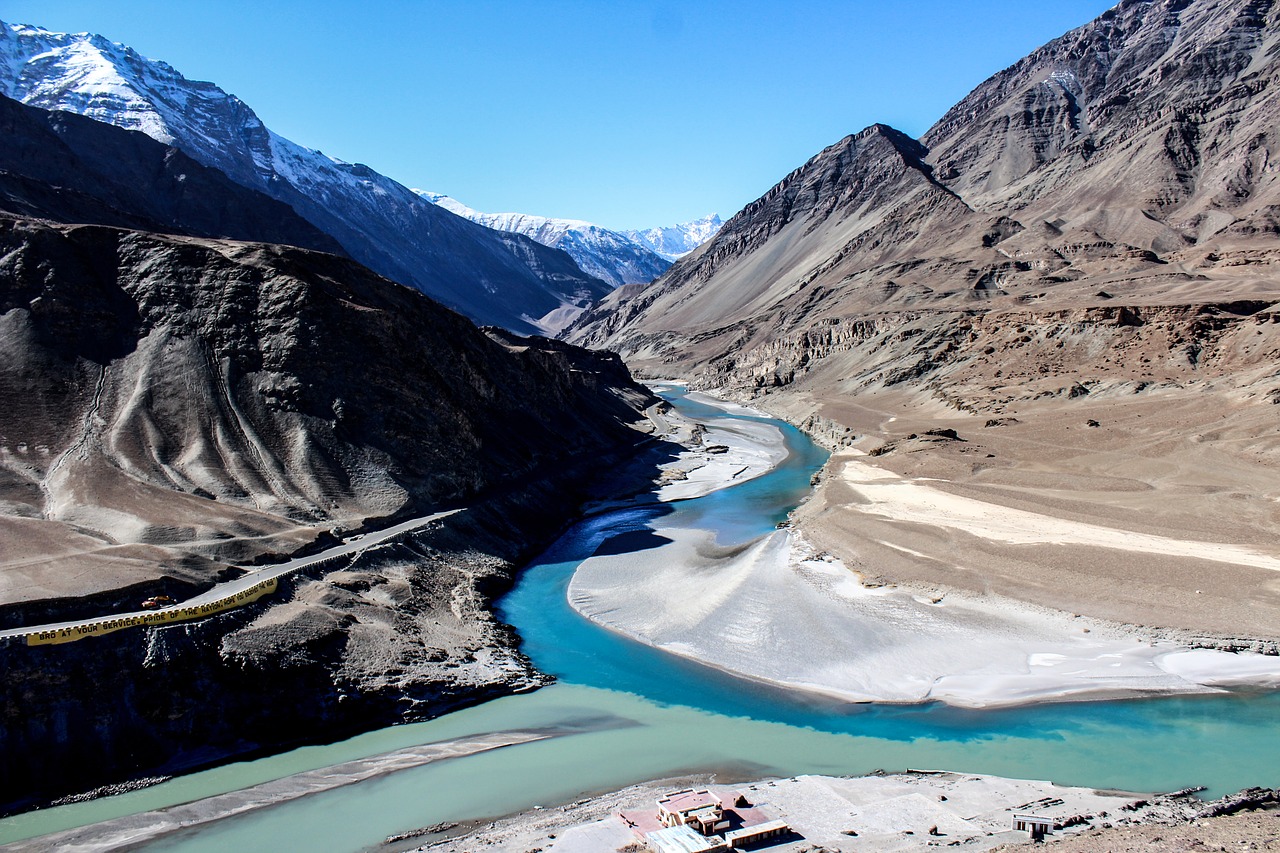News
- Details
- Category: Global News
The Networks of Centres of Excellence program has announced that the Canadian Mountain Network will receive $18.3 million in funding over five years (2019–2024) to support its ambitious research, training, and knowledge mobilization agenda.
The Canadian Mountain Network (CMN) is an alliance of partners from universities, governments, Indigenous and non-Indigenous communities, not-for-profits, and businesses dedicated to the sustainability of mountain environments and communities across the country and around the world.
- Details
- Category: Global News
Microplastics have been discovered in a remote area of the French Pyrenees mountains. The particles travelled through the atmosphere and were blown into the once pristine region by the wind, according to a new study published in Nature Geoscience.
This is just the latest example of the 'hidden risks' posed by plastics that humans cannot see with the naked eye. For now, governments and activists are focused on avoiding plastic litter in the environment, driven mainly by concern for wildlife and worries over unsightly drinks bottles or abandoned fishing nets on beaches. Plastic bag usage has been cut in many parts of the world, and various projects are exploring how to gather up the floating plastic waste in oceans. But little has yet been done to deal with polluting plastic particles that are usually invisible.
- Details
- Category: New Publication
A new paper published in the journal Regional Environmental Change explores new challenges being faced by indigenous pastoral communities in the Andes using both satellite data and traditional ecological knowledge. MRI SLC member Elizabeth Jimenez Zamora is among the authors.
In the Andes, indigenous pastoral communities are confronting new challenges in managing mountain peatland pastures, locally called bofedales. Assessing land cover change using satellite images, vegetation survey, and local knowledge (i.e., traditional ecological knowledge) reveals the multi-faceted socio-ecological dimensions of bofedal change in Sajama National Park (PNS), Bolivia.
- Details
- Category: New Publication
New research on how glaciers in the European Alps will fare under a warming climate has come up with concerning results. Under a limited warming scenario, glaciers would lose about two-thirds of their present-day ice volume, while under strong warming, the Alps would be mostly ice free by 2100.
The study by a team of researchers in Switzerland was published in the European Geosciences Union (EGU) journal The Cryosphere, and provides the most up-to-date and detailed estimates of the future of all glaciers in the Alps, around 4000. It projects large changes will occur in the coming decades: from 2017 to 2050, about 50 percent of glacier volume will disappear, largely independently of how much we cut our greenhouse gas emissions.
- Details
- Category: MRI News
As part of our mission to promote research on mountain regions across borders and disciplines through connection and collaboration, the Mountain Research Initiative issued a call for synthesis workshops in December last year. The purpose of this call was to provide funding for workshops that bring together global change researchers in order to address specific topics of interest to the mountain research community.
A total of 14 workshop proposals were submitted and eligible for review by our panel, which was comprised of MRI Principal Investigators, MRI Science Leadership Council members, and the MRI Executive Director.
- Details
- Category: MRI News
Recognizing the need to support and build capacities for regional and global assessment for science-policy processes, the Mountain Research Initiative, University of Zurich, Helvetas, and ICIMOD – in an initiative supported by the Swiss Agency for Development and Cooperation (SDC) – have teamed up to launch a call for applications for a mentoring and training program for early career mountain researchers who have an interest in participating in IPCC processes. Application deadline is 12 May 2019.
- Details
- Category: New Publication
A new, MRI-funded publication in the journal Environmental Science & Policy highlights how coordinated community and ecosystem-based actions offer a potential path to achieving disaster risk reduction, climate adaptation, sustainable development, and biodiversity conservation for vulnerable ecosystems and communities worldwide.
Article Highlights
- Over 70 percent of disaster-related deaths from 2005 to 2014 occurred in mountainous regions.
- Experiences in mountains reveal principles to guide disaster risk reduction (DRR).
- Effective DRR addresses both community and ecosystem health.
- DRR governance should fit local needs and requires local to global partnerships.
- Successful DRR actions focus on capacity building, inclusive knowledge, and equity.
- Details
- Category: Global News
A study published in the journal Water Policy stresses that rapid urbanisation in the region, driven mainly by tourism, is threatening water security in the area – which will only be exacerbated by climate change. The researchers argue that unless a long-term and mountain-specific strategy is devised, millions living in the region would face a severe water crisis.
Millions of people living in the Himalayan region of India, Pakistan, Bangladesh and Nepal may face a grim water future if the rapid and unplanned urbanisation taking place in the ecologically fragile mountains is not quickly addressed, said a study which recommended long-term mountain-specific urban planning to tackle the threat.





